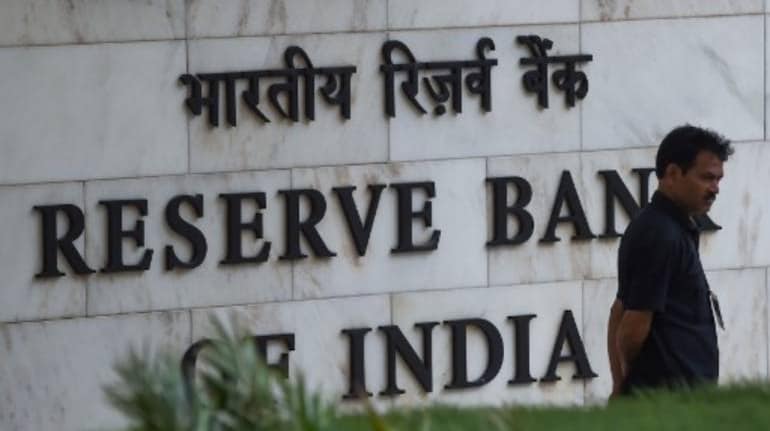



Managing poorly run co-operative banks that think nothing of flouting norms, putting hundreds of thousands of customers, many of them from low-income groups, at risk has been the biggest headache for the Indian banking regulator.
In the last two years alone, the Reserve Bank of India (RBI) has had to cancel permits of at least six such banks. It also resorted to punitive actions—more than 200 directives—against erring entities during the period.
The sheer number of violations—most of them in lending exposure norms, loans to directors, related parties and KYC—has exposed the deep flaws in the co-operative bank model.
Time to hit the reset button
Now, an RBI-appointed expert panel has come with certain recommendations to improve the operations of primary urban co-operative banks.
The recommendations set the tone for the much-needed next step in the sector’s evolution. The major aspects of these recommendations include merging weak co-operative banks to achieve scale and operate under an umbrella framework.
The committee has said it believes that while regulatory neutrality towards voluntary mergers should be the default approach, the powers to order compulsory amalgamation should be used as the backstop to encourage voluntary mergers of the banks that are not complying with the regulatory capital requirements but are solvent.
This will also require that supervisory interventions are more timely and decisive, it said. The RBI should develop a playbook of alternative options linked to the size and complexity of a weak bank to enable the choice of a particular resolution tool.

The recommendations are in the right direction. Amalgamating smaller, weak and poorly run co-operative banks is a way to effectively regulate erring co-operative banks.
Dual regulation has been the biggest hurdle in the smooth running of co-operative banking sector. The state governments, through the registrar of co-operative societies, the RBI and NABARAD have been jointly conducting the regulation and monitoring of co-operative banks. The turf war led to inaction or delayed action in many cases. This worsened the situation in many co-operative banks.
The RBI panel has mooted tighter regulations under the watch of the central bank.
The committee’s aim is for greater operational and strategic autonomy of co-operative institutions and to introduce larger regulatory requirements that provide system stability. This, the committee hopes will foster a healthy co-operative as well as a stable banking sector.
Politics and banking don’t mix
While the proposals are aimed at strengthening the sector, the whole report seems to miss the elephant in the room—political involvement in the running of co-operative banks, which is at the root of corruption and failure of many such institutions.
If one looks at the recent Karuvannur bank scam in Kerala, there is clear evidence of micromanagement by local politicians who dominated the lender’s administrative panel. There are many other cases with similar patterns.
Until there is a clear framework and mechanism to avoid political involvement in co-operative banks, it is unlikely that these will get a fresh start.
These banks need professionally run boards and management, which is lacking in most cases. Political leaders, at local levels, should be kept away from the business of co-operative banks.
The question is whether the RBI has enough tools at hand to keep politicians at bay from these banks, which they often use for political gains.
If it doesn’t, a legal shield needs to be provided to ring-fence co-operative banks. If these banks have to grow and earn customer trust, politicians have to steer clear. Political parties or any group of persons acting in the consortium should be banned from controlling a co-operative banking entity.
(Banking Central is a weekly column that keeps a close watch and connects the dots about the sector's most important events for readers.)
Discover the latest Business News, Sensex, and Nifty updates. Obtain Personal Finance insights, tax queries, and expert opinions on Moneycontrol or download the Moneycontrol App to stay updated!
Find the best of Al News in one place, specially curated for you every weekend.
Stay on top of the latest tech trends and biggest startup news.